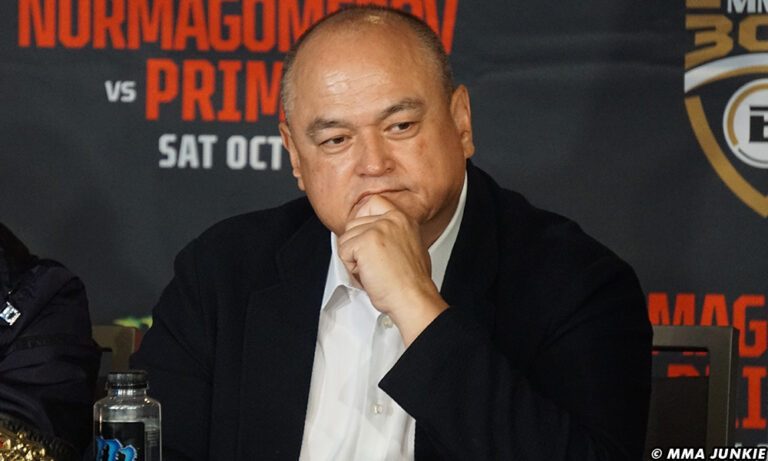
Scott Coker and martial arts go together like an old pair of shoes. The idea of an MMA world without Coker seems almost unnatural.
So some eyebrows were raised when he wasn't part of the Bellator crew that moved to the PFL after being sold last fall. Some wondered why the Bellator manager didn't go to the PFL, or at least what he would do next.
It has been confirmed that Coker will remain in the MMA fight at a new event called Fight Night at the Tech, which will be held for the first time on May 18th at Tech CU Arena in San Jose, California. Coker will serve as executive producer and collaborate with former Strikeforce lightweight champion Gilbert. Melendez.
And that adventure, and the idea of being his own boss again, appears to have been a big factor in his decision not to move to the PFL.
“To be honest, I thought about it,” Coker told MMA Junkie Radio. “The opportunity was there. But what I felt was that it was time to go. It was time for me to become an entrepreneur myself. That's what I like best. I worked at Viacom and Paramount for nine years (as president of Bellator). It was a huge challenge. I'm glad I did it. Paramount was very good to me. I learned a lot there. But I I'm an entrepreneur at heart. This is the first job I've had as an adult (working for someone other than myself).”
Many of Bellator's fighters are currently in the PFL, as are its executives and behind-the-scenes staff. Others went in a different direction, partly by choice, and others because they were not asked to stay in the PFL.
Coker served as Bellator's frontman from June 2014 until November 2023, when the PFL acquisition was completed. Prior to his long stint with Bellator, Coker served as CEO of Strikeforce, the promotion that the UFC acquired from him in 2011.
Despite being closely tied to the success Bellator has built, Coker said he was well aware in advance of the direction Bellator would likely take if it were sold.
“I worked hard. I think we built great value in that company,” Coker said. “When Strikeforce was built, it had value. There were people who wanted to come buy it. When Bellator was built, it had value. There were people who wanted to come and buy it. This is natural in business. But I always told myself that one day, if I sold my company, I would go back and become an entrepreneur. That's what I really wanted to do.”
The story originally appeared on MMA Junkie


